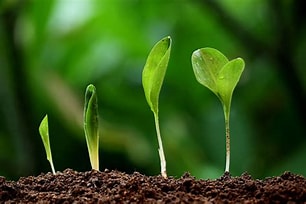
This Course specifies the competencies required by the trainer to facilitate the training of applying Crop production skills in Education. Crop production entails the cultivation of plants for food, fiber, and other products. Overall, crop production integrates science, technology, and management practices to maximize yield and quality while minimizing environmental impact.
- Teacher: Gibson Sang
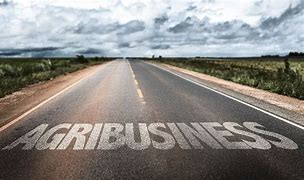
The "Field Course: Principles of Agribusiness Economics" is designed to provide students with practical insights into the economic principles that drive agribusiness. Overall, the course aims to equip students with the analytical tools and practical experience needed for effective decision-making in the agribusiness sector
- Teacher: Gibson Sang
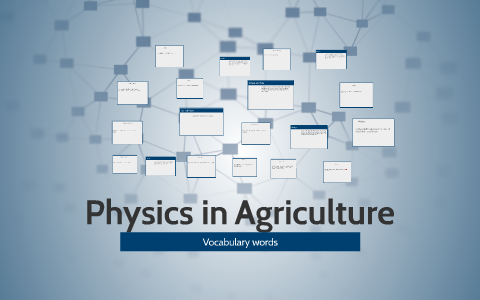
The "Physics for Agriculturalists" course applies fundamental physics principles to agricultural practices and technologies.Overall, the course aims to enhance students' understanding of how physics can improve agricultural efficiency and sustainability.
- Teacher: Gibson Sang
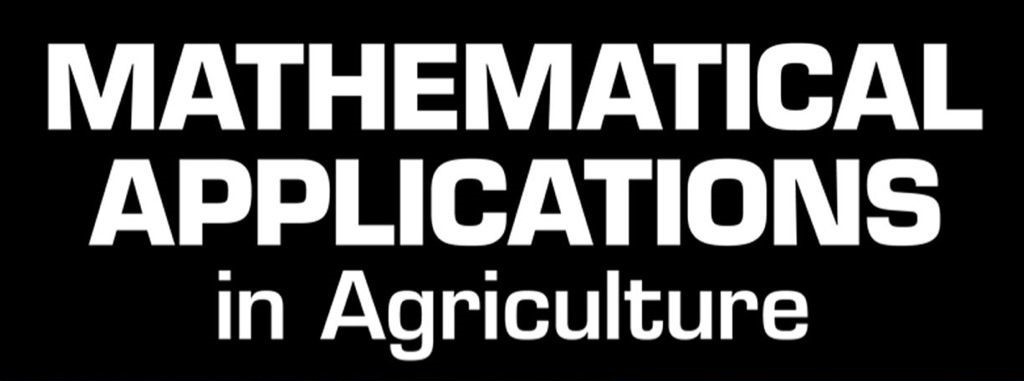
The "Mathematics for Agriculturalists" course focuses on essential mathematical concepts and techniques relevant to agriculture. The course aims to equip students with the mathematical skills necessary for effective decision-making and problem-solving in agricultural settings.
- Teacher: Gibson Sang
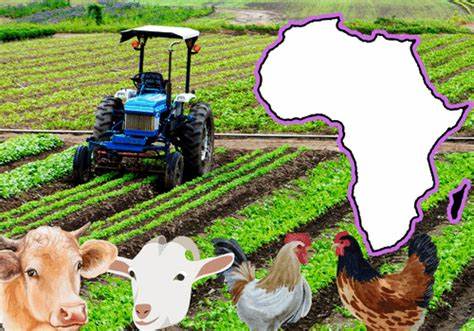
The "History & Development of East African Agriculture" course explores the evolution of agricultural practices in East Africa from ancient times to the present.The course aims to provide students with a comprehensive understanding of the historical and socio-economic factors influencing agriculture in East Africa.
- Teacher: Gibson Sang
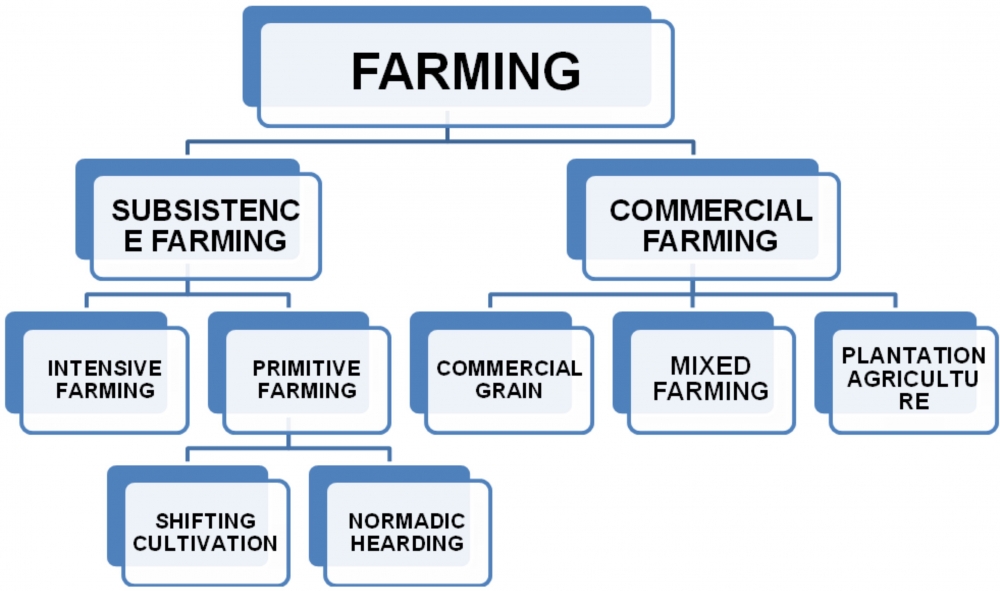
Farming Systems examines the various methods and practices of agricultural production. The course covers topics such as crop rotation, agroecology, livestock management, and sustainable practices. Students learn to analyze different farming systems' economic, environmental, and social impacts. Emphasis is placed on integrating ecological principles into farming to enhance productivity and sustainability. Practical experiences may include field studies and case analyses, preparing students to address modern agricultural challenges effectively.
- Teacher: Gibson Sang
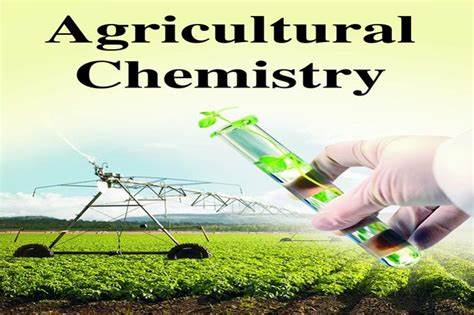
Agriculture Chemistry focuses on the chemical processes and substances involved in agricultural production. The course covers topics such as soil chemistry, fertilizers, pesticides, and plant nutrients, exploring their effects on crop growth and soil health. Students learn about the chemical interactions within ecosystems and how to analyze and improve agricultural practices for sustainability. Practical lab work often complements theoretical study, equipping students with the skills to address challenges in modern agriculture through a chemical perspective.
- Teacher: Gibson Sang

Agriculture Zoology explores the relationship between animals and agricultural practices. The course covers topics such as animal physiology, behavior, and breeding, as well as the roles of livestock in food production and ecosystem management. Students learn about animal welfare, pest control, and the impact of animals on agricultural systems. Practical experiences may include fieldwork and laboratory studies, aiming to equip students with the knowledge to enhance sustainable farming practices and improve livestock management.
- Teacher: Gibson Sang